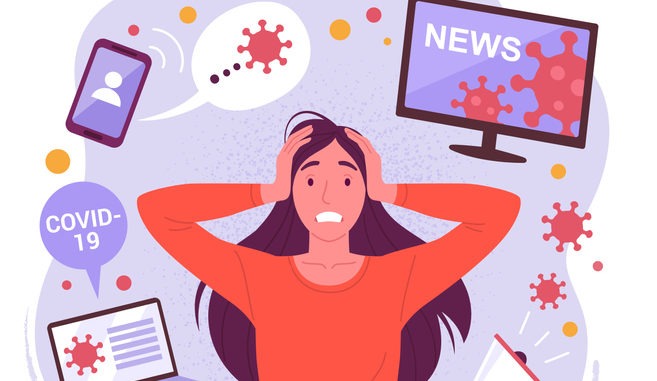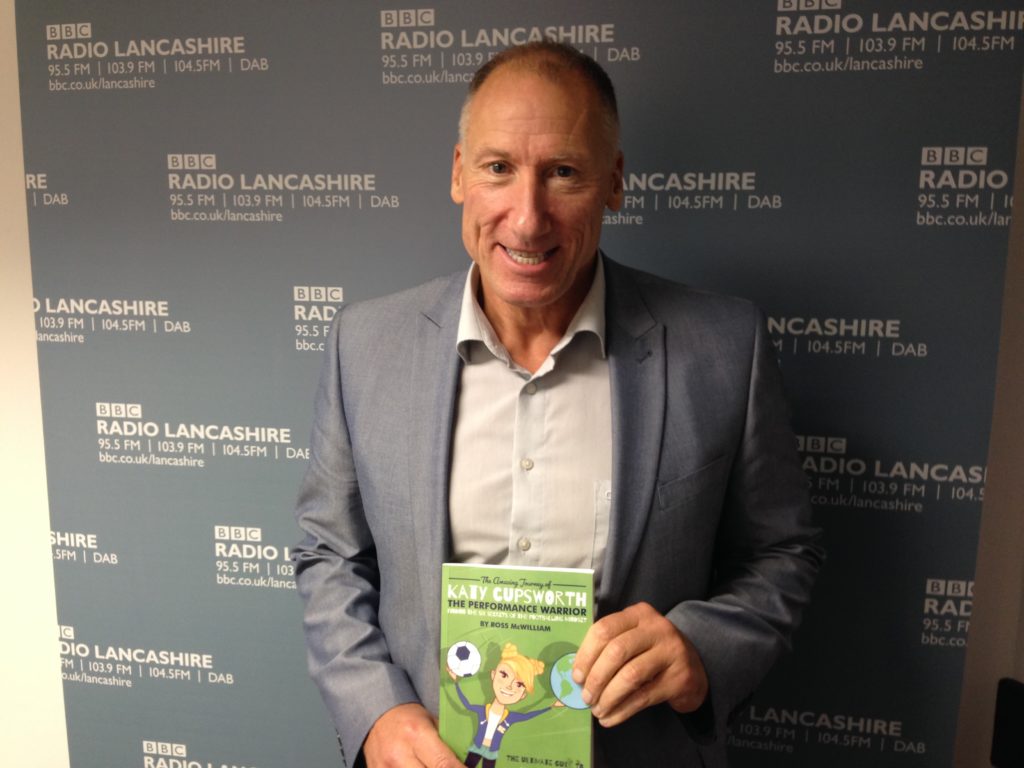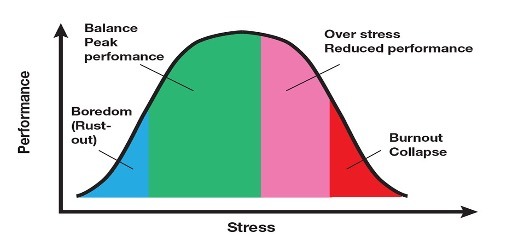

Ross McWilliam gives his top tips and advice on how you can cope with stress and look after your wellbeing post-COVID
In these unique times where we have faced, and are still facing, threats to our liberties, threats to our physical and mental health, threats to our livelihoods and even threats to our friendships, how do we survive and cope? Could we even actually use this current situation as a catalyst, to start to thrive and maximise performance in every aspect of our lives?
The current picture is bleak. According to ONS, over 130,000 people have sadly lost their lives to COVID in the UK to date, (with global deaths accounting for nearly four million deaths) with long COVID cases above 1.1m in the UK. Thousands of jobs have been lost or have just ceased to exist, especially within the hospitality and entertainment sectors, and cases of new mental health disorders have sky-rocketed, whilst existing mental health symptoms have, in many cases, become worse. Is there any hope on the horizon?
The simple and short answer is yes, as not only shall we have hope, but we also possess the possibility to be pragmatic to effect positive change even within a pandemic.
The vaccination programme has, almost overnight, been a huge success and has given us a high level of immunity and confidence that things can return to a ‘new normal.’ However, for some, what COVID has left is a legacy of doubt and a breeding ground for stress which could impact all aspects of life. So, how do we go about redressing this imbalance?
Firstly, let’s look at the actual word stress. This word was first coined in the 1950’s by scientist Hans Selye who created it for a positive purpose. He argued that we need stress to help us in life – to get out of bed in the morning, to go to work, to perform at work, in sport, arts, music, to make new friends, and to provide for our families. However, when the frequency, intensity and duration of this stress becomes out of sync (or too much), whether that stress is real or perceived, we can quickly start to struggle emotionally and ultimately this can adversely affect our physical health. In simple terms, we struggle to cope.
So, I believe a simple awareness that not all stress is bad, and it can actually help us produce better performances in life. Being aware of this can make stress become more of a supporting friend who makes you do stuff that you’d rather not do initially, but you know afterwards you are glad you did it!
I certainly use this type of thinking and I even change the word stress. When I start to feel ‘stressed’ – I use the term ‘challenged’ as this suits my mindset better and I see this challenge as something good that needs to be overcome and achieved – it’s all part of my achievement orientation i.e. I like to, and need to, achieve and contribute.
Secondly, it’s about recognising your levels of experience, motivation and expectation to get yourself into the performance mode where stress is fuelling you rather than hindering you. It is useful to look at the diagram of stress and performance to understand where you are.

Too much stress (or challenge) can make you fatigue or burnout, either immediately or in the long term. Equally, not enough stress (or challenge) can make you rust-out and become bored, even apathetic. The trick is to keep yourself in the performance gap by awareness of how you are feeling, recognising the benefits and negatives of stress/challenge, taking care of your emotional and physical health needs, getting support where appropriate and being able to talk and share with others. I call this last factor the ability to be vulnerable.
In practical terms, returning to the office workspace may be a stressful ordeal for some workers – we cannot judge anyone for this as we all have different lives and therefore a different view of, and experiences within, the world. As such, don’t impose your view of the world upon anyone, let people be who they are…. safely! Be watchful of others in terms of their day-to-day behaviour and be a part of the solution and not the problem by offering support or not making negative comments about workspace expectations. Just being able to listen to someone else, allowing them to show their vulnerability, and maybe not fixing something, may in fact be the solution!
To find out more about how to cope with post-pandemic stress come see Ross speak at our EdExec LIVE events in London (30 September) or Manchester (12 October). Click here to book your ticket now or email us at hello@edexeclive.co.uk for a discounted ticket.

Be the first to comment